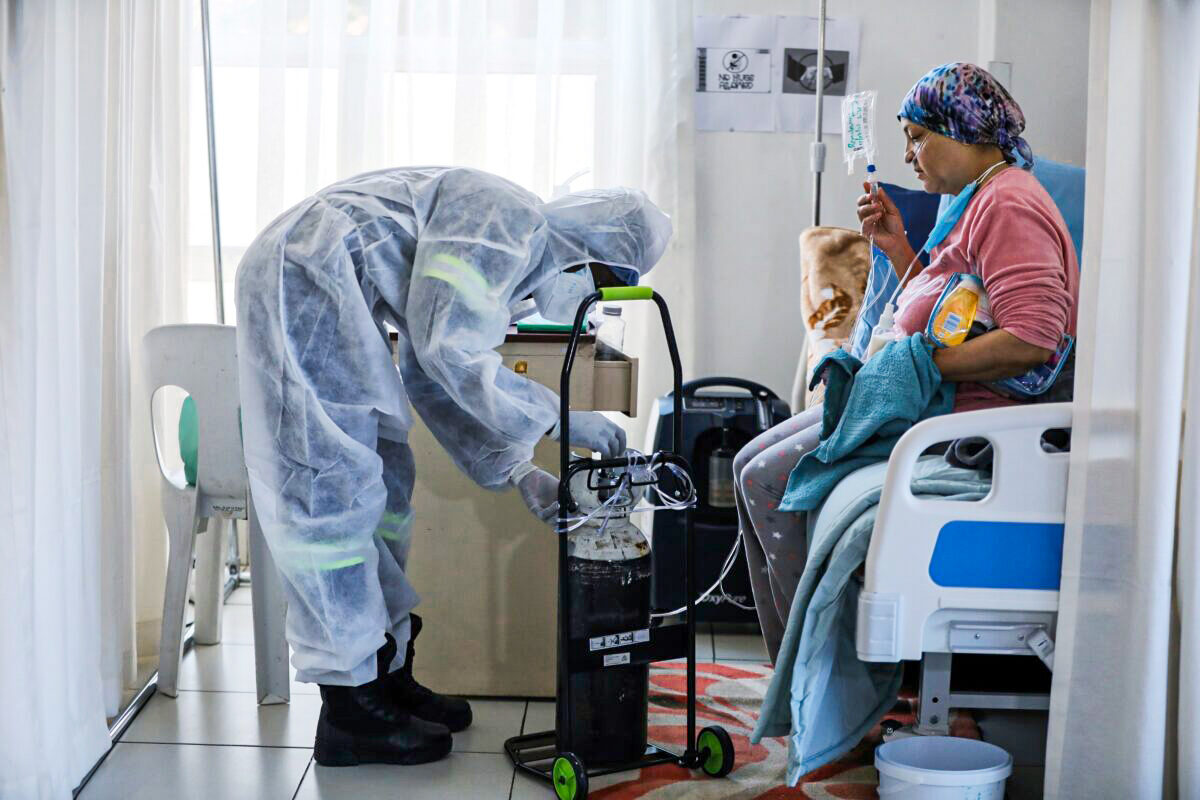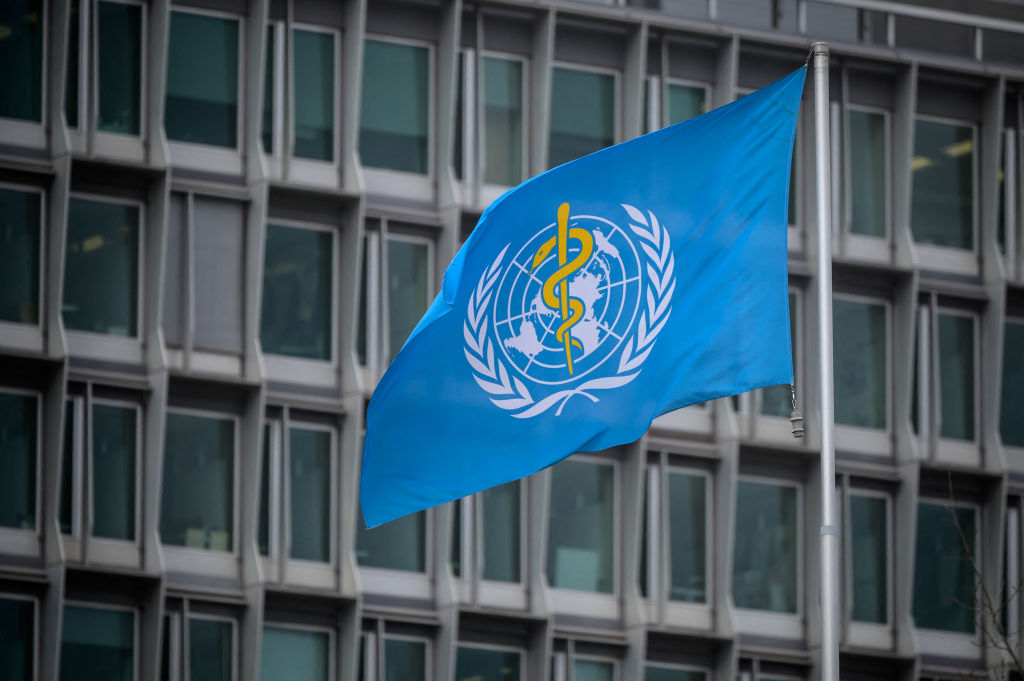The World Health Organization (WHO) has informed The Epoch Times that it has not documented any deaths from the Omicron variant of the CCP (Chinese Communist Party) virus, which causes COVID-19.
According to the WHO, “for Omicron, we have not had any deaths reported, but it is still early in the clinical course of the disease and this may change.”
The Centers for Disease Control and Prevention (CDC) sent its report on the Omicron variant in the United States from Dec. 1 through 8. It shows that there were no documented deaths from Omicron during that period.
The WHO’s latest weekly epidemiological update for Dec. 7 showed that all 212 Omicron cases documented across eighteen European Union (EU) countries were either mild or asymptomatic.
“While South Africa saw an 82 percent increase in hospital admissions due to COVID-19 (from 502 to 912) during the week 28 November–4 December 2021, it is not yet known the proportion of these with the Omicron variant,” the report noted.
Omicron has also been detected in the United States, first in California and later in Colorado, New York, Maryland, Utah, and many other states.
The first American patient with the variant was identified in San Francisco, testing positive for COVID-19 on Nov. 29 after returning from a trip to South Africa on Nov. 22.
Yet the California Department of Public Health has confirmed to the Los Angeles Times that the variant was present in wastewater as early as Nov. 25.

A patient is treated in a hospital in Johannesburg, South Africa in a file photograph. (Sumaya Hisham/Reuters)
Originally known as B.1.1.529, the variant first made international headlines on Black Friday, Nov. 26, soon after the variant was initially detected in southern Africa.
That day, the WHO named B.1.1.529 Omicron and labeled it a “variant of concern.”
Two days later, in a technical brief, it said the strain could present a “very high” risk, citing its large number of mutations.
Dr. Angelique Coetzee, the chair of the South African Medical Association and one of the first doctors to treat patients with Omicron, has consistently maintained that Omicron is a mild variant.
“Let me be clear: nothing I have seen about this new variant warrants the extreme action the UK government has taken in response to it,” she wrote in The Daily Mail.
By “extreme action,” Dr. Coetzee meant “heavy travel restrictions on flights from across southern Africa, as well as imposing tighter rules at home on mask-wearing, fines, and extended quarantines.”
“No one here in South Africa is known to have been [hospitalized] with the Omicron variant, nor is anyone here believed to have fallen seriously ill with it.”
More recently, Dr. Coetzee told ThePrint that Omicron symptoms have been mild in both vaccinated and unvaccinated patients.
“In the beginning of any wave, children and younger people are the first to be affected,” she told ThePrint. “As the wave progresses, more elderly, people with comorbidities, start getting affected. When that happens, we will know exactly how many severe cases there are.”

